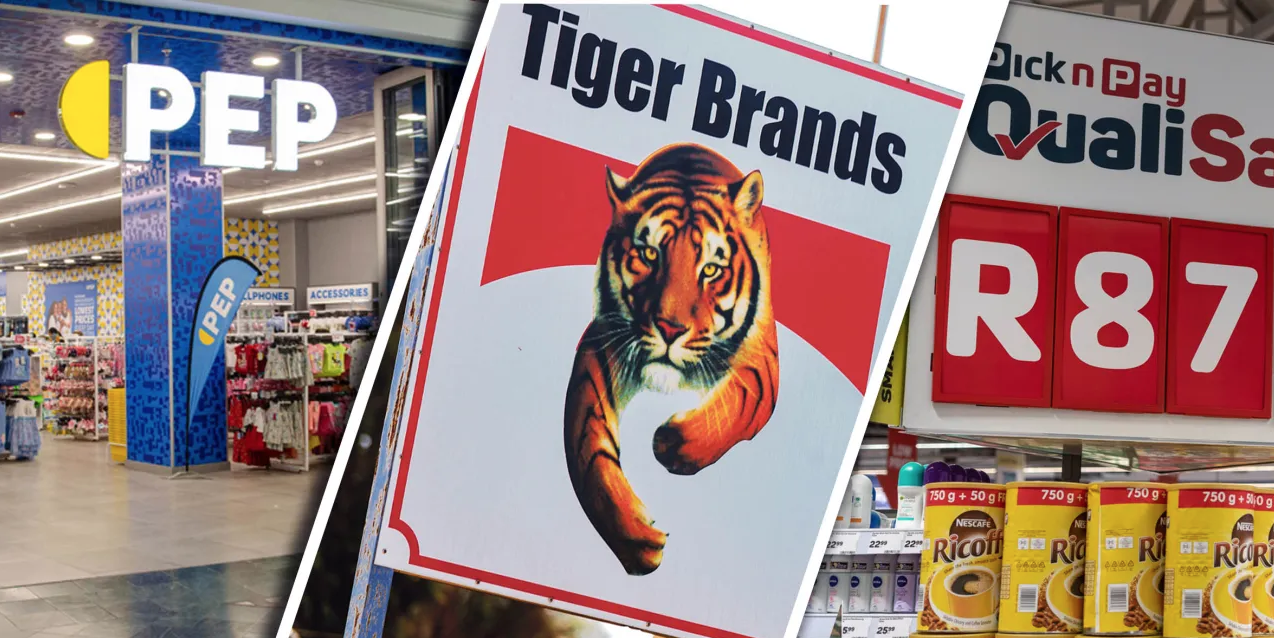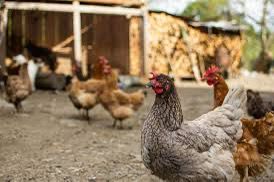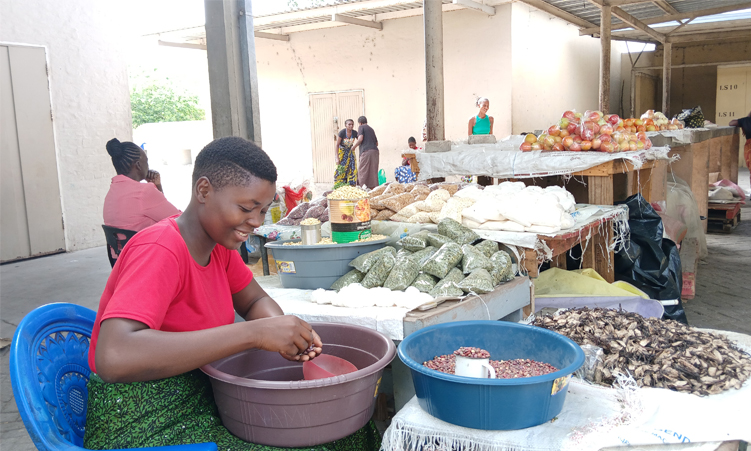As South African consumers become evermore cash-strapped, Pepkor’s ‘credit interoperability’ strategy pays off, while Pick n Pay and Tiger Brands face some difficult decisions.
Credit growth greases Pepkor sales
South African consumers are many things, but cash-flush isn’t one of them. Budgets are tight out there, even for basics like clothing. This creates a threat and an opportunity for retailers. Boxer (within the Pick n Pay stable) has shown the country that targeting lower-income shoppers doesn’t mean you can’t make a fortune along the way. Pepkor is trying to give the same demonstration, just in different product verticals.
With a rise in operating profit on a normalised basis of 13% for the six months to March 2024, Pepkor is clearly doing something right. Gross profit margin is up 200 basis points on revenue growth of 9.5%.
Ackermans is still a headache, albeit one that has been blunted by a Panado or two. Like-for-like growth at Ackermans came in at 2.5%, which is way below where it should be but is at least positive. The core business showed group merchandise sales growth of 7% overall, with like-for-like sales up 5.1%.
An impressive growth engine within the group is the fintech business, growing revenue by 24.5% and enjoying significant uptake in both Flash and Abacus. Pepkor is finding innovative ways to deliver financial services to lower-income consumers, which brings us neatly to the key element to remember about the current strategy: growth in credit sales.
They call it a “credit interoperability” strategy and it is working well, driving credit sales growth of 34%. Credit sales now contribute 13% to group revenue. Cash sales were up by just 3.8%. The provision of credit is proving to be an excellent growth flywheel. The risk, naturally, is that the quality of the book deteriorates.
How small will Pick n Pay become?
The debate isn’t whether Pick n Pay will survive. The debate is whether it will “survive” as a substantial retail chain, or merely a fringe grocery player that sheds market share for years to come. It feels like a coin toss at the moment.
The trouble in grocery retail is that momentum is a powerful force. This is a relatively low-margin game, so a few hundred basis points here or there in margins can be the difference between dividends and retrenchments. As volumes fall and negotiating power with suppliers weakens, margins can go the wrong way at pace.
Gross margin for the 52 weeks to 25 February has decreased from 19.6% to 18.1%. When combined with paltry revenue growth of just 5.4%, that’s a terrible outcome. The trading profit margin is just 0.3%.
Of course, that’s before finance costs. It takes a lot of capital to run an extensive retail chain, with finance costs of R700-million taking the group into the red even before we consider the vast non-cash impairment charges.
With a plan to close or convert loss-making supermarkets, Pick n Pay finds itself in the battle of its life. The R4-billion rights issue has won the support of the Ackerman family for up to R1-billion and three banks for the remainder of the raise as underwriters. If the balance sheet gets itself into ICU again, there might not be doctors on standby to fix it a second time.
Can Tiger roar its way back?
The troubles faced by Pick n Pay and the focus on credit sales at Pepkor both talk to the same underlying theme: tough times for consumers and heightened price elasticity, which means that demand is impacted when prices move higher. For Tiger Brands, this same theme is coming through as a substantial drop in volumes that has more than offset price inflation in the latest period.
For the six months to March, volumes were down 9% and price inflation was 8%, with revenue down by 1% overall.
But income from associated companies increased from R274-million to R396-million. This helped to drive headline earnings per share 11% higher despite such modest numbers in the core business.
I’m not a fan of the decision to increase the interim dividend by 9%. It feels like the decision avoids short-term pain potentially at the expense of long-term gain.
The new management team at Tiger Brands has much work to do. Tiger Brands has made a tricky task even harder by being more aggressive with its cash and increasing the dividend.
Stay informed with The Namibian – your source for credible journalism. Get in-depth reporting and opinions for
only N$85 a month. Invest in journalism, invest in democracy –
Subscribe Now!






